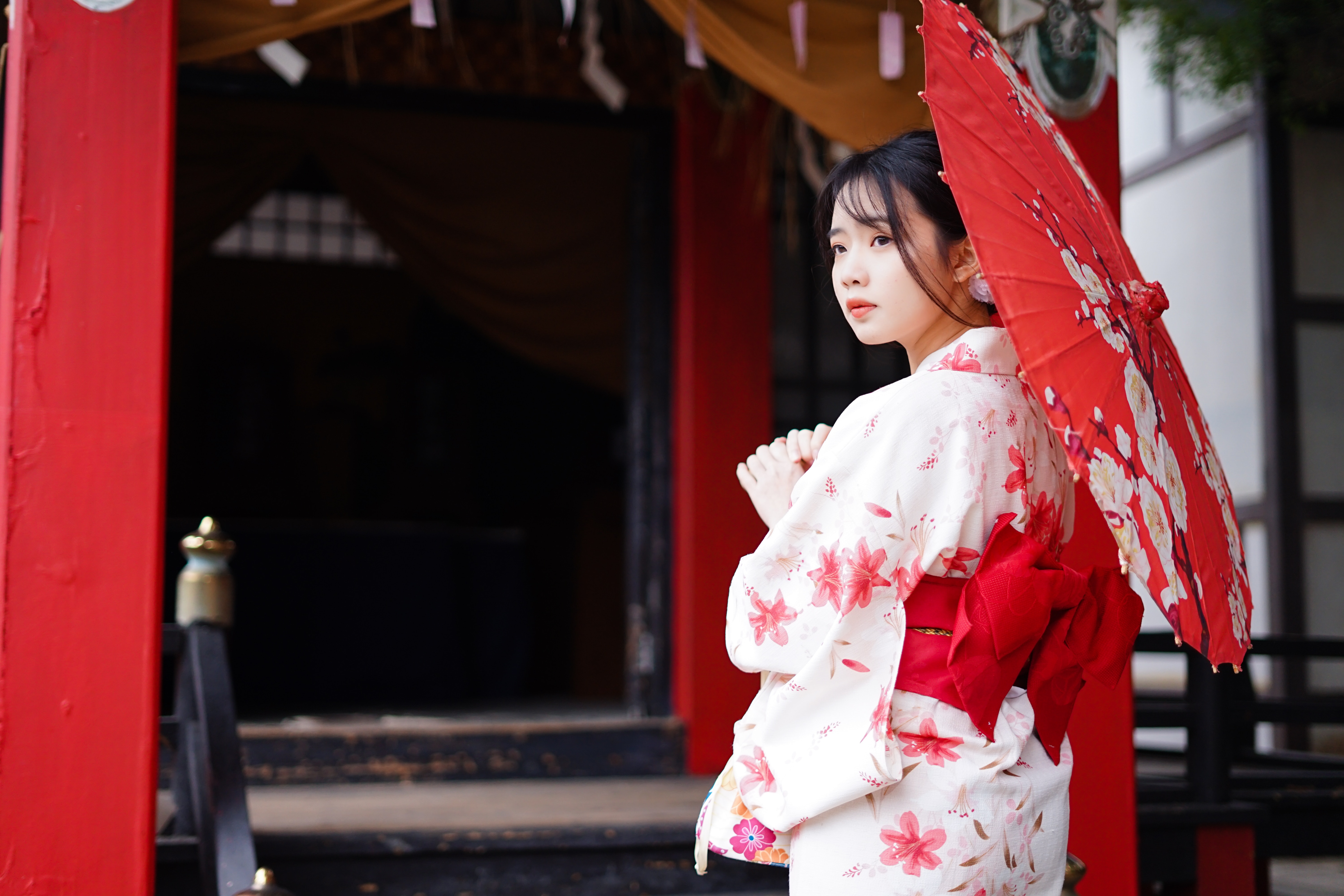
Antone (anton) in Japanese
Antone in Katakana
アントン
Antone in Romaji
anton
Antone in Hiragana
あんとん
The name Antone in Japanese Katakana is アントン which in romaji is anton. Katakana is the standard translation for names into Japanese, Antone in Japanese Hiragana, the non-standard translation for names into Japanese, is あんとん.
How do you write Antone in Japanese Kanji?
The closest sounding kanji name that sounds similar to "Antone" is 安东 (pronounced An-dong). The kanji means "peaceful east".
The western meaning of the name Antone is “invaluable” or “priceless”. The closest matching Kanji name based on this meaning is 無価値, which is pronounced as mu-ka-chi and means “valueless” or “worthless”.
Get the inside scoop on life and travel in Japan
Names similar to Antone
antonella antonera
アントネラ Learn More
antonette antonetto
アントネット Learn More
anton anton
アントン Learn More
antoni antonii
アントニイ Learn More
antonia antonia
アントニア Learn More
antonio antonio
アントニオ Learn More
antony antonii
アントニイ Learn More
antione antowan
アントワン Learn More
antionette antowanetto
アントワネット Learn More
antoine antowan
アントワン Learn More
antoinette antowanetto
アントワネット Learn More
antwone antowan
アントワン Learn More
anjanette anjanetto
アンジャネット Learn More
anthony ansonii
アンソニイ Learn More
antwon antowan
アントワン Learn More
barton baaton
バアトン Learn More
benton benton
ベントン Learn More
dante dante
ダンテ Learn More
hannelore hanneroore
ハンネロオレ Learn More
kenton kenton
ケントン Learn More
landon randon
ランドン Learn More
santo santo
サント Learn More
santos santosu
サントス Learn More
chante shante
シャンテ Learn More


